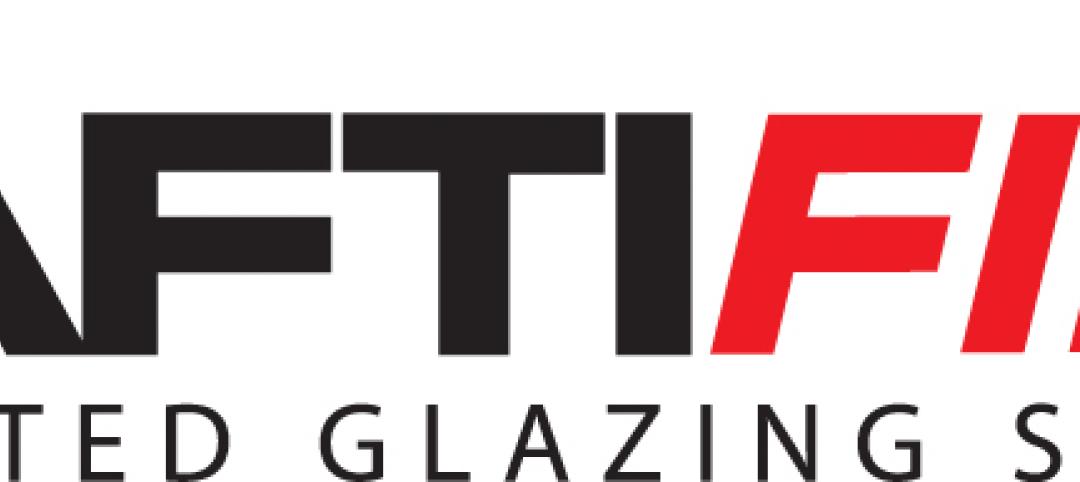Earlier this year, New York City's Department of Buildings began auditing thousands of architectural plans for new and renovated office and residential buildings. Nine of every 10 have failed to meet the energy code, a 30-year-old set of standards.
The compliance enforcement effort began under Mayor Michael Bloomberg last year, when he assigned auditors to pore over 212 randomly selected building plans. This year, auditors have examined more than 1,200 applications.
The standards are only now being enforced in earnest. In some cases, the Department of Buildings has stopped nonconforming projects. “We're very serious about this, and are trying to educate the industry on what is required,” said Gina Bocra, chief sustainability officer at the Department of Buildings, which set up a permanent audit unit this year. “Buildings are the largest source of energy consumption in our city, and how we conserve energy is key to making progress on reducing greenhouse-gas emissions.”
Some are complaining about the potential costs of compliance and potential to lengthen construction schedules. Planned additions to the building code over the next year are boosting concerns. “The energy code can be an effective way to increase efficiency if it remains flexible, but the more mandatory and prescriptive any code is, the more difficult it is to build a building that complies — particularly in New York City,” said Angela Pinsky, a senior vice president of management services and government affairs with the Real Estate Board of New York.
(http://www.businessinsurance.com/article/20140818/NEWS07/140819859?tags=|338|69|310|80|303)
Related Stories
| Feb 8, 2012
OSHA offers free health and safety consulting for small businesses
The consultants offer confidential, non-punitive advice.
| Feb 8, 2012
Controversy over pay for prisoners on roofing job in Michigan
The disagreement was over whether the prisoners should have been paid prevailing wage for their brief time on the job because the project was paid for with a U.S. Department of Energy grant.
| Jan 30, 2012
ZigBee and ISO 50001: Two new standards to make buildings greener
These developments demonstrate the dynamic nature of the market and the continued need for development of program standards of many different types that help builders and owners translate high performance and sustainable buildings goals into practical measures on the ground.
| Jan 30, 2012
New firm-fixed-price rules on federal contracts impact construction industry
Contractors will need to be on the lookout for policies such as the Contractor Accountability for Quality clause.
| Jan 30, 2012
Roofer’s fatal plunge demonstrates need for fall-prevention regulations
“The biggest problem is getting our workers to use the equipment,” says Michael J. Florio, executive director of the organization.
| Jan 26, 2012
Tampa moves to streamlined online permitting system
The system will replace an inefficient patchwork of old software and is designed to provide businesses, homeowners, and contractors with online access to permitting and licensing information.
| Jan 26, 2012
EPA to collect more data, seek comments before finalizing mud rule
The EPA says it will seek more data and is accepting comments until March 5.
| Jan 26, 2012
Industry challenges Connecticut's suit over defective construction work
The dispute arose over multimillion-dollar leaks at the University of Connecticut's law library.
















